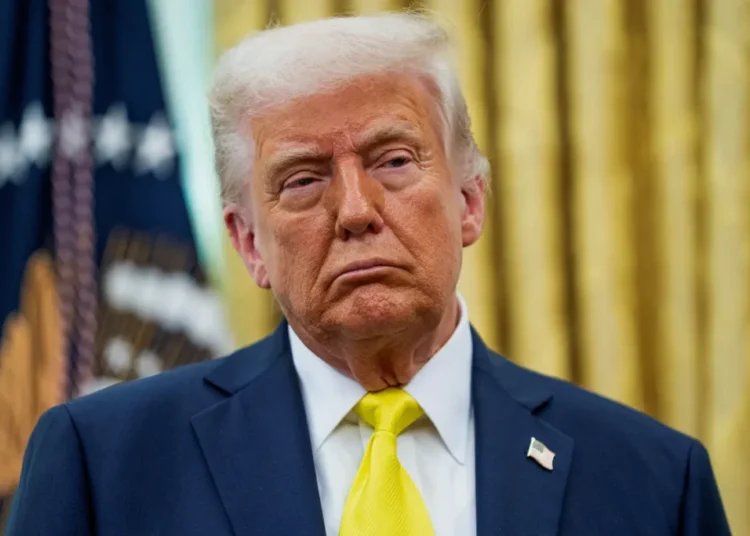Two reasons have been repeatedly offered to explain why the economy and the stock market have proved so resilient since the coronavirus pandemic: the unexpected strength of consumer spending and the revolutionary impact of artificial intelligence.
Both of those drivers are about to be tested.
After the market closes on Wednesday, Nvidia, the chipmaker that has become the poster company for the A.I. boom, will report its latest quarterly financial results. Its statement will be bookended by earnings from two bellwethers of consumer spending, with Target reporting on Wednesday morning and Walmart on Thursday. Also on Thursday, the Labor Department will release delayed jobs data for September, with the potential for the numbers to add to concerns about a slowdown in hiring.
It could be a bumpy ride. The S&P 500 is forecast to move 1.4 percent in either direction, according to Citi analysts and based on bets in the options market. Nvidia is expected to move more than 6 percent.
Adding to the uncertainty, the approaching end of the year is a time when investors who have already notched decent returns are likely to pull back from the market, said Stuart Kaiser, an analyst at Citi.
“The calendar really matters,” he said. “It has been a hard year. If you are having a decent year at this point, then the last thing you want to do is risk that.”
Investors have already become jittery. The S&P 500 fell 0.8 percent on Tuesday, its fourth consecutive day of losses. Nvidia’s stock price slumped more than 2 percent, adding to a downturn over the past couple of weeks that has dragged the company into a stock correction, defined as a drop of 10 percent or more from the recent peak.
These jitters are not unique to Nvidia. Oracle lost a quarter of its value after announcing further, debt-financed investment in OpenAI, worrying investors about overspending. An exchange-traded fund from Global X that invests in a basket of stocks linked to A.I. has fallen around 8 percent this month.
The market slump has not been indiscriminate; it has homed in on companies with stretched valuations, mounting debt and unproven business plans. The stock price of Alphabet, a cash-rich company that has dived into A.I., remains roughly flat this month. On the other hand, CoreWeave, a newer A.I. company, is down over 40 percent for November.
“There is some A.I. fatigue,” Mr. Kaiser said.
For Nvidia, investors expect another bumper round of earnings but will be alert to signs of competitive pressures that have been largely absent in its recent ascent.
Given the size of the company, it will not be just tech investors who are paying attention. Roughly half of the S&P 500’s 17 percent rally this year through October can be attributed to a small group of tech behemoths known as the Magnificent Seven, which includes Nvidia.
If these companies start to retreat, just as concerns over consumer spending are mounting, then two of the primary drivers of the stock market and the economy in recent years could fade at the same time.
Joe Rennison writes about financial markets, a beat that ranges from chronicling the vagaries of the stock market to explaining the often-inscrutable trading decisions of Wall Street insiders.
The post Nvidia and Walmart Could Ease Wall St.’s Jitters. Or Make Them Worse. appeared first on New York Times.




